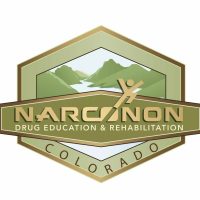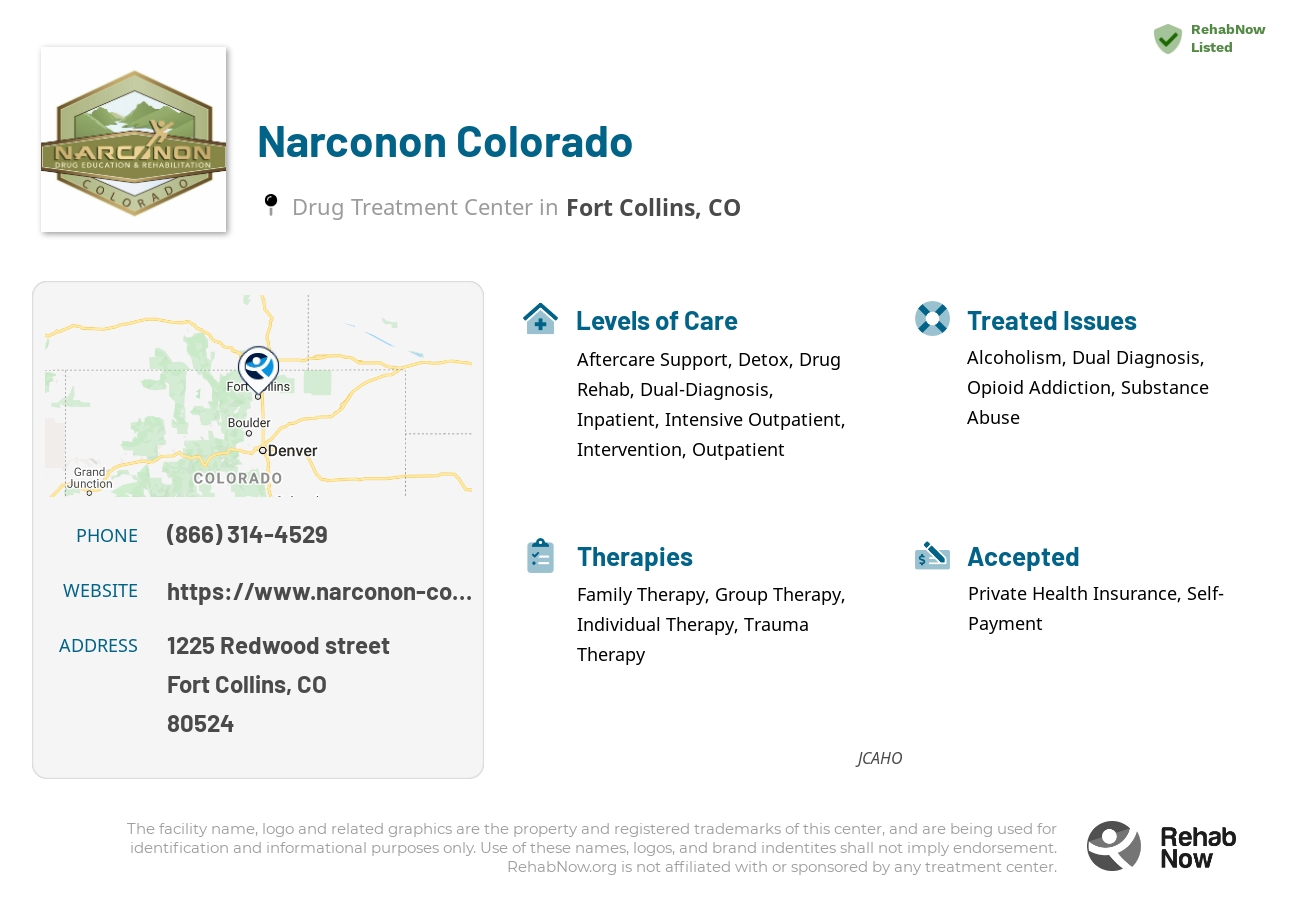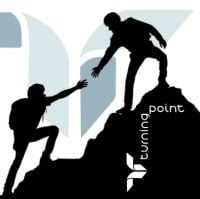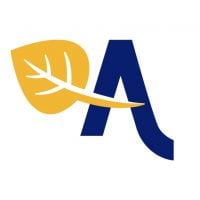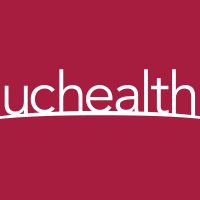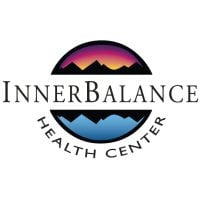About Narconon Colorado in Colorado
Narconon Colorado is a licensed private rehab center located in Fort Collins, CO, specializing in professional treatment for Alcohol Abuse, Dual Diagnosis (Co-Occuring Disorders), Opioid Addiction, Substance Abuse, and other substance-related issues. If you’re looking for a drug rehab facility that can help you get sober, Narconon Colorado is here to help. They offer a variety of levels of care and treatment options so they can find the right fit for your needs. The goal is to provide addicts with the tools patients need to live life in recovery.
Many clinical therapies are available, including (but not limited to): Aftercare, Cognitive Behavioral Treatment (CBT), Detox, Drug Rehab, Dual-Diagnosis, Family Therapy, Group Therapy, Individual Therapy, Inpatient Treatment, Intensive Outpatient (IOP), Intervention, Outpatient Treatment (OP), Residential Long Term (>30 Days), Trauma Therapy. We explain what all of these are below. This facility does welcome both men and women.
When weighing your treatment options, accredited and licensed facilities are encouraged over those without. This facility has Joint Commission Accreditation. Private Health Insurance, Self-Payment are some of the ways clients can pay for treatment here. Fortunately Narconon Colorado accepts private insurance. For additional information regarding paying for treatment, continue reading.
Genders
Ages
Modality
Additional
Accreditations

LegitScript

JCAHO
Conditions and Issues Treated
A combination of treatments is often needed to treat drug abuse. Some addictions can be treated with counseling and support groups. In other cases, drug abuse can lead to a medical problem and require medical treatment. Treatment for drug addiction typically combines counseling and psychotherapy with medication and behavioral therapies.
A combination of treatments is often needed to treat drug abuse issues effectively. In the case of drug abuse, there is no easy answer or one-size-fits-all cure.
Opioid addiction has become a significant health problem in the United States. In 2015, there were 91 opioid overdose-related deaths per day, with a substantial increase in mortality rate in 2014.
When opioid addiction has reached a point where a person’s life becomes unmanageable, treatment options are available to help them get sober. Treatment that includes medical care with medications and counseling can help a user transition into sobriety.
When someone in struggles with both addiction and mental or emotional illness, this is considered a dual diagnosis. Dual diagnosis treatment can include therapy for these issues to happen simultaneously, which will allow either of them to be treated effectively.
Sometimes people who have suffered from addiction disorder also suffer from co-occurring disorders such as depression, anxiety, bipolar disorder, etc., making them “dual diagnoses.” Dual diagnoses require specialized treatment programs where drug and alcohol addiction are addressed along with psychiatric illnesses. Some rehabilitation facilities provide patients suffering from cooccurrences a program with highly integrated services and a clean environment with few distractions to help them succeed.
Levels of Care Offered
This center offers a variety of custom treatment tailored to individual recovery. Currently available are Aftercare Support, Detox, Drug Rehab, Dual-Diagnosis, Inpatient, Intensive Outpatient, Intervention, Outpatient, with additional therapies available as listed below.
One of the first things an addict should do when entering treatment is to abstain from using illicit drugs completely. Depending on the length of time that the person has been using, the addict may have to go through alcohol or drug withdrawal. Fortunately, detox doesn’t have to be done alone, and withdrawal symptoms can be managed medically in an inpatient or outpatient setting. While detox may be uncomfortable, it is not life-threatening. Detoxification allows the addict to rid the body of all traces of drugs or alcohol and gives the addict a clean slate for their recovery.
Inpatient treatment for alcoholism or drug addiction is an option that provides the addict with a supportive environment in which they can stop using. After detox, an inpatient treatment center provides a structured environment for the addict to recover from their addiction and begin taking steps toward a lifetime of sobriety.
This type of treatment is appropriate for addicts that are most in need of intensive care and supervision. This includes those who were unable to quit on their own, those who need more structure than they can get in outpatient treatment, and those whose addiction has led them into legal trouble or severe health problems.
The Intensive Outpatient Program offered by Narconon Colorado is designed for those who need intensive care but would rather get it in the comfort of their own home. The treatment programs vary in duration and intensity and can be tailored to suit the patient’s needs. The program includes regular visits to the facility, though the overnight stay is not needed. IOP is suitable for patients who have been treated in residential treatment programs and are in the transition phase. It helps the patient live at home and discharge some work or school responsibilities even while undergoing treatment. The patients gradually get back to their routine life with the support of a friend or family member.
Outpatient treatment is often used for drug addicts in drug rehab. Outpatient treatment consists of counseling and therapy sessions. This form of treatment is also called ‘day-treatment’. The outpatient treatment process begins with the addict’s initial detox period, lasting about ten days.
Outpatient treatment is used for those who are at moderate risk for ‘slipping back’ into the addiction, for those who:
- Are not currently experiencing any side effects from withdrawal and can handle social pressure
- Can handle stressors that might trigger relapse
- Have a stable living environment or have moved out of their previous environment, which was not conducive to being sober
- Have a support system that allows them to go to a facility a few times a week while still keeping their current responsibilities
- Have no legal obligations, being either on parole or probation, that require them to seek treatment at a mandatory facility
- Are not currently experiencing any side effects from withdrawal and can handle social pressure
- Have a stable living environment or have moved out of their previous environment, which was not conducive to being sober
Intervention Programs can be beneficial for those who are not prepared to engage in a recovery program. The individual’s friends and family will call and set up an intervention in or near Fort Collins, and at which a specialist will come and lead the discussion. Interventions help family members motivate those affected to seek external support.
People involved in substance abuse usually deny the harmful effects of their changed behavior. They believe they can overcome addiction alone. This, however, can be difficult without external help. Intervention services deploy professionals to help organize meetings between individuals and family members. Family members converse openly with the affected individual and express concern for them. They explain different treatment options and persuade the individual to act immediately.
Completing a drug or alcohol rehab program is only the first step. Then comes aftercare support. These services include sober living accommodations, career counseling, and AA/NA programs for those struggling with sobriety or who want help maintaining it after initial rehab at an addiction facility.
They can last up to a year or more depending on what’s needed most urgently after the earlier stages are completed.
Therapies & Programs
Because no single treatment is effective for all addicts, the goal of treatment and therapy should be to figure out what works best for each individual. Tolerance and withdrawal levels differ from person to person, affecting the treatment intensity required. Addiction treatment should aim to help addicts develop healthy coping mechanisms for dealing with their addiction and its underlying causes.
Family therapy is beneficial for people who are in addiction treatment services because it offers addicts the opportunity to work with their family members to better understand what led them to make choices that contributed to their addiction.
This type of therapy helps family members reach a deeper understanding of how they can best support their loved one during recovery. It also helps the addict better understand their own motivations and triggers that led them to turn to substance abuse.
Family therapy can help addicts in the following ways:
- Assists family members in processing difficult feelings so they don’t blame or resent recovering addicts
- Assists family members in understanding how addiction has impacted the addict and everyone who is involved with them
- Allows the addict to take responsibility for their actions, while encouraging improved communication skills
- Helps family members understand how to best support an individual in recovery so addicts don’t relapse again.
Group therapy can help build a stronger support system and give addicts in Fort Collins, CO insight into their addiction that they gain through shared conversations. Group therapy occurs in a controlled group environment, exclusive of one on one meetings. This makes it safer for patients to feel comfortable sharing the struggles they’re going through and gaining perspective.
Trauma therapy is beneficial for people who are recovering from drug addiction because it helps them heal from past traumas that may have caused them to turn to harmful substances or led them to experience negative emotions that contributed to their destructive behaviors.
This type of treatment works by processing difficult experiences so individuals can learn how to process these events without having to turn to substances for coping.
Trauma therapy can help addicts in the following ways:
- Helps individuals understand their experiences and emotional responses to difficult events, including why they turned to drugs or alcohol
- Provides them with comfort and support while working through difficult emotions related to these traumatic experiences
- Offers an opportunity for addicts to have a voice and be heard, which can improve their self-esteem
- Can help them develop coping skills so they can better respond to triggers instead of turning to substance abuse.
Cognitive-behavioral therapy is a technique that is used to help people with addiction. Specifically, it is a way of identifying thoughts and behaviors that cause the addiction. It is typically used in an individual counseling session.
The content explains cognitive behavioral therapy and how it works to address some behaviors that may be leading to unintended consequences in their life, as well as its benefits for those seeking sobriety.
It works by helping people to talk through their issues and addressing the thoughts that cause said behaviors. It is an excellent way of learning about oneself and one’s perception of the world.
Payment Options Accepted
For specific insurance or payment methods please contact us.
Is your insurance accepted?
Ask an expert, call (888) 674-0062
Additional Details
Specifics, location, and helpful extra information.
Fort Collins, Colorado 80524 Phone Number(866) 314-4529 Meta DetailsUpdated November 25, 2023
Staff Verified
Is Narconon Colorado a LegitScript Verified Treatment Facility?
According to our most recent records, we have found this center to be LegitScript verified.
Narconon Colorado Patient Reviews
There are no reviews yet. Be the first one to write one.
Fort Collins, Colorado Addiction Information
The Centennial State has slipped to a ranking of 12th in the country for drug abuse. Each year around 24% of the state's population uses illegal drugs while nearly 5% of its population abuses alcohol. Substance-related deaths in Colorado were responsible for 15.12% between 2008 and 2017. Fortunately, Colorado drug and alcohol addiction treatment are available to help a person overcome addiction.
16,000 people aged 12 or older in Fort Collins used illicit drugs in recent years. This is a significant increase from 11,000 people who used illicit drugs in 2014. Statistics show that 25% of people get a DUI in Fort Collins. Many rehab centers offer a combination of inpatient and outpatient services. The important thing is to find a facility that will meet the specific needs of the individual.
Treatment in Nearby Cities
- Evans, CO (25.3 mi.)
- Lone Tree, CO (74.4 mi.)
- Hotchkiss, CO (188.3 mi.)
- Eagle, CO (113.8 mi.)
- Paonia, CO (180.0 mi.)
Centers near Narconon Colorado
The facility name, logo and brand are the property and registered trademarks of Narconon Colorado, and are being used for identification and informational purposes only. Use of these names, logos and brands shall not imply endorsement. RehabNow.org is not affiliated with or sponsored by Narconon Colorado.
